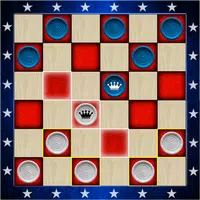Quake 2 AI Prototype by Microsoft Ignites Online Debate
Microsoft's recent AI-powered demo inspired by Quake II has ignited a robust discussion across online gaming communities. Utilizing Microsoft's cutting-edge Muse and World and Human Action Model (WHAM) AI systems, this demo showcases a semi-playable environment that is dynamically generated in real-time without the need for a traditional game engine.
In this demo, Microsoft's Copilot generates gameplay sequences reminiscent of the classic Quake II, with each player input triggering the next AI-crafted moment. The company describes it as a groundbreaking way to interact with games, offering a glimpse into the future of AI-powered gameplay. However, the reception to the demo has been mixed, with many expressing skepticism and disappointment.
Shared by Geoff Keighley on social media, the demo received a wave of criticism. Many gamers and industry observers voiced concerns over the quality and implications of AI-generated content. Some fear that the reliance on AI could lead to a decline in the human touch in game development, with one Redditor lamenting, "Man, I don't want the future of games to be AI-generated slop." Others criticized Microsoft's ambitions to build an entire catalog of games using this AI model, questioning its readiness for creating engaging and coherent gameplay experiences.
Despite the backlash, not all feedback was negative. Some defended the demo, viewing it as a promising step toward future possibilities in game development. One commenter highlighted the potential of AI in early concept and pitching phases, acknowledging the impressive nature of the technology, even if it's not yet ready for full game development.
The broader context of AI in the gaming industry adds another layer to the debate. Amidst recent layoffs and ethical concerns, the use of generative AI continues to be a contentious issue. Companies like Keywords Studios have faced challenges with AI in game development, while others like Activision have disclosed the use of AI in creating game assets. The ongoing discussions around AI's role in gaming, including its impact on creative talent and audience satisfaction, underscore the complexities and stakes involved.
In summary, Microsoft's AI-driven Quake II demo has sparked a significant conversation about the future of gaming. While the technology shows promise and potential, the gaming community remains divided on its immediate value and long-term impact on the industry.
-
1

Every Pokémon Game on the Nintendo Switch in 2025
Feb 25,2025
-
2

Roblox: Trucking Empire Codes (January 2025)
Mar 05,2025
-
3

Poring Rush, the casual battling spin-off from hit MMORPG Ragnarok Online, is out now
Dec 30,2024
-
4
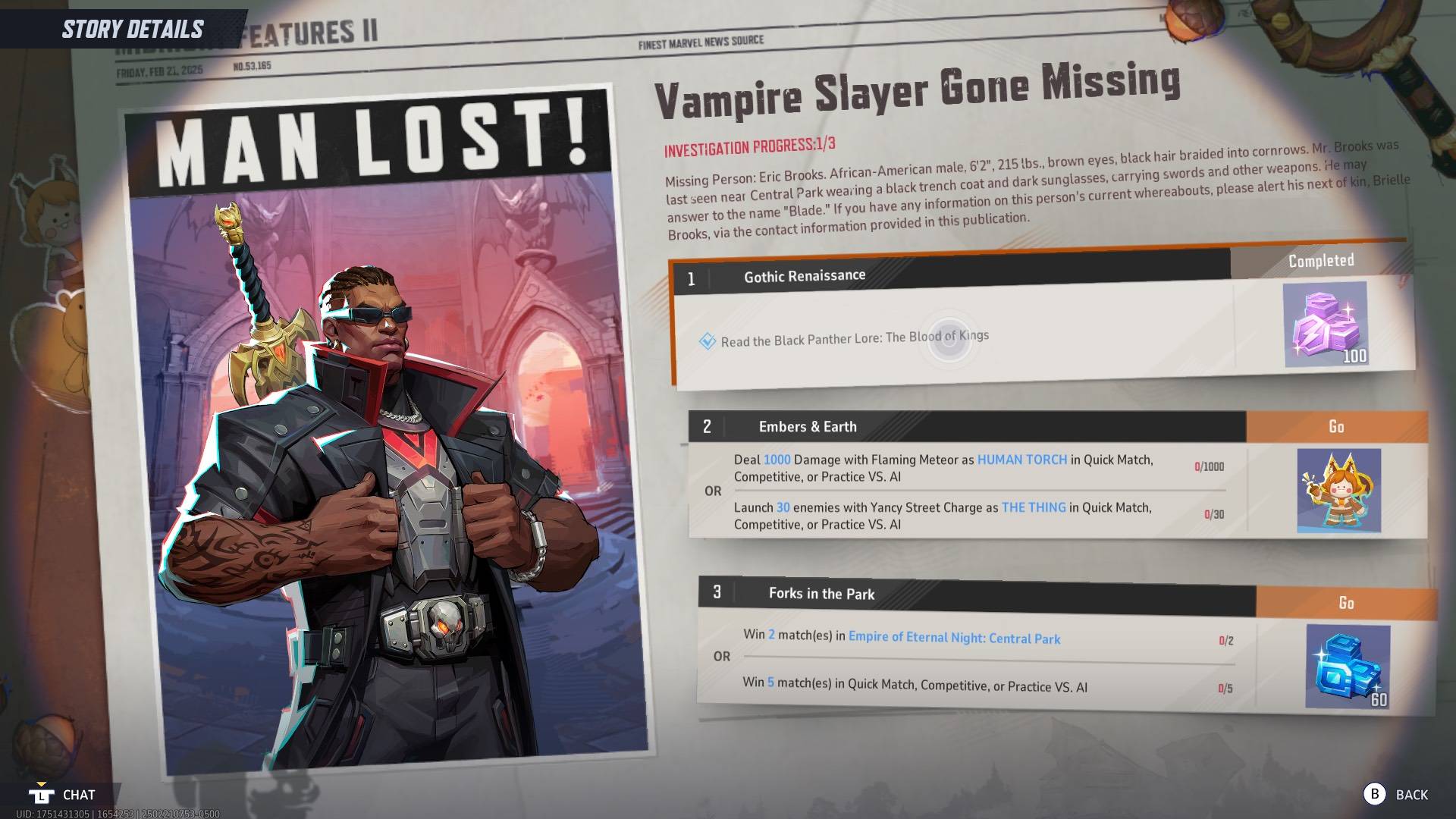
How To Read Black Panther Lore: The Blood of Kings in Marvel Rivals
Mar 01,2025
-
5
![Anime Vanguards Tier List – Best Units For Each Gamemode [UPDATE 3.0]](https://images.gzztb.com/uploads/35/17376012656791b0f12fa1c.jpg)
Anime Vanguards Tier List – Best Units For Each Gamemode [UPDATE 3.0]
Feb 27,2025
-
6
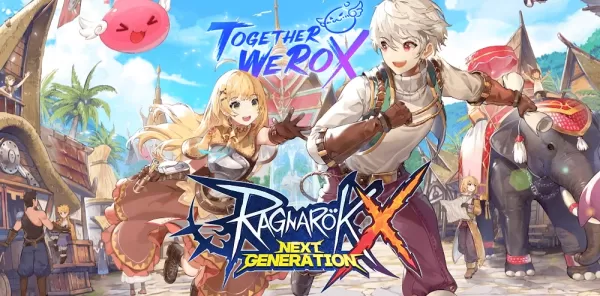
Ragnarok X: Next Gen - Complete Enchantment Guide
May 25,2025
-
7
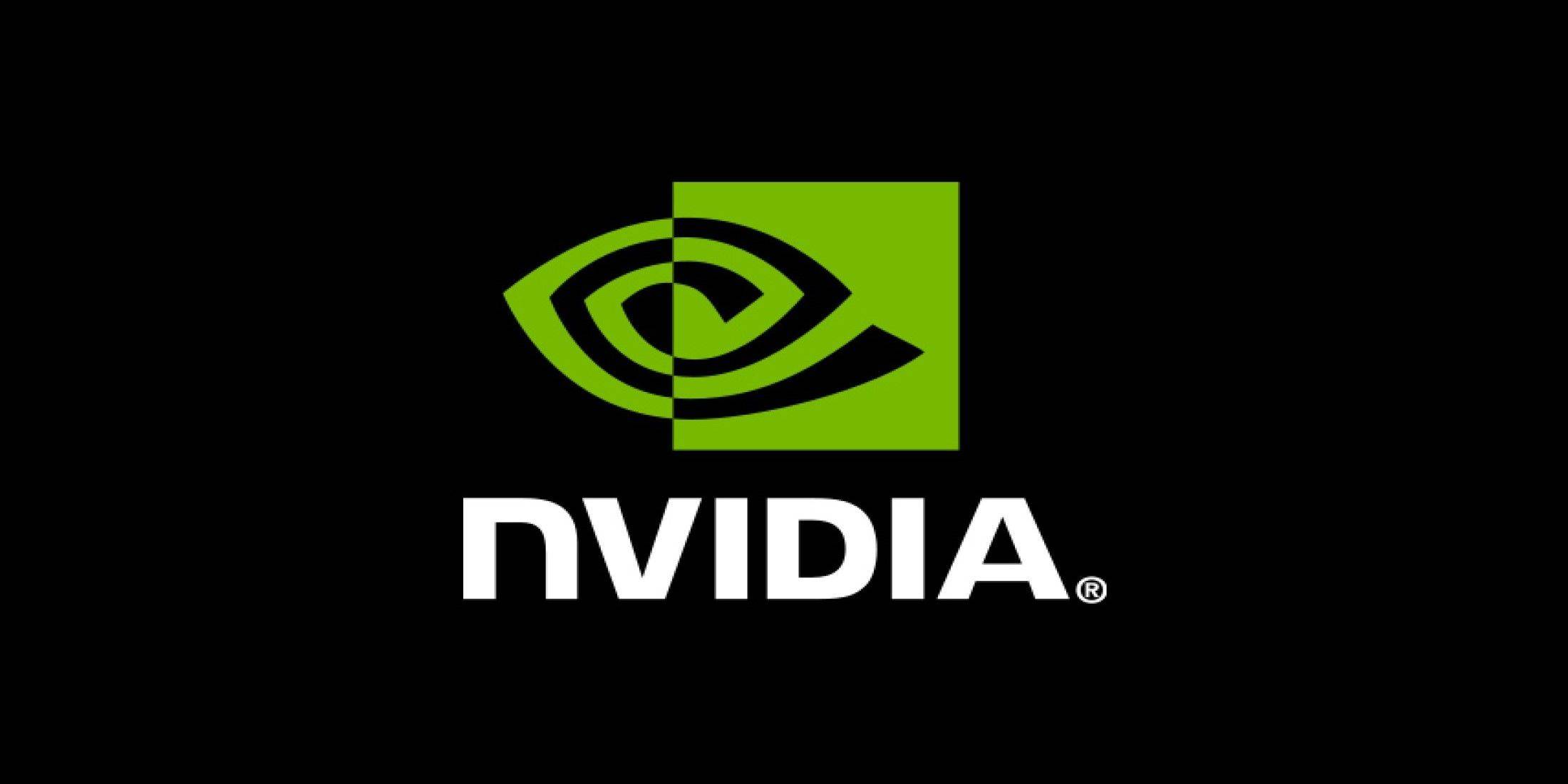
Nvidia RTX 5090 Specs Leak: Rumor Confirmed?
Mar 14,2025
-
8
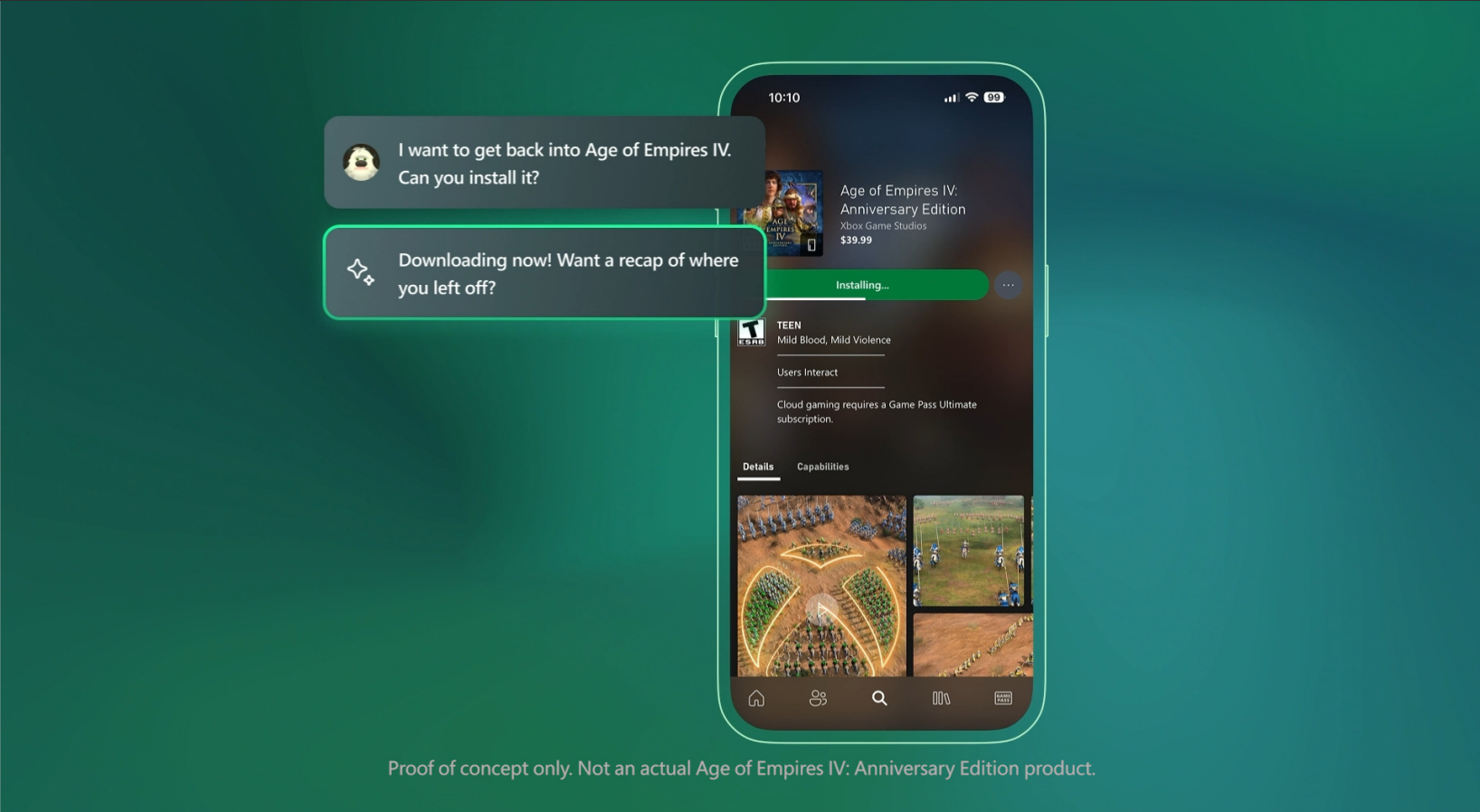
Microsoft to Integrate Copilot AI into Xbox App and Games
May 21,2025
-
9
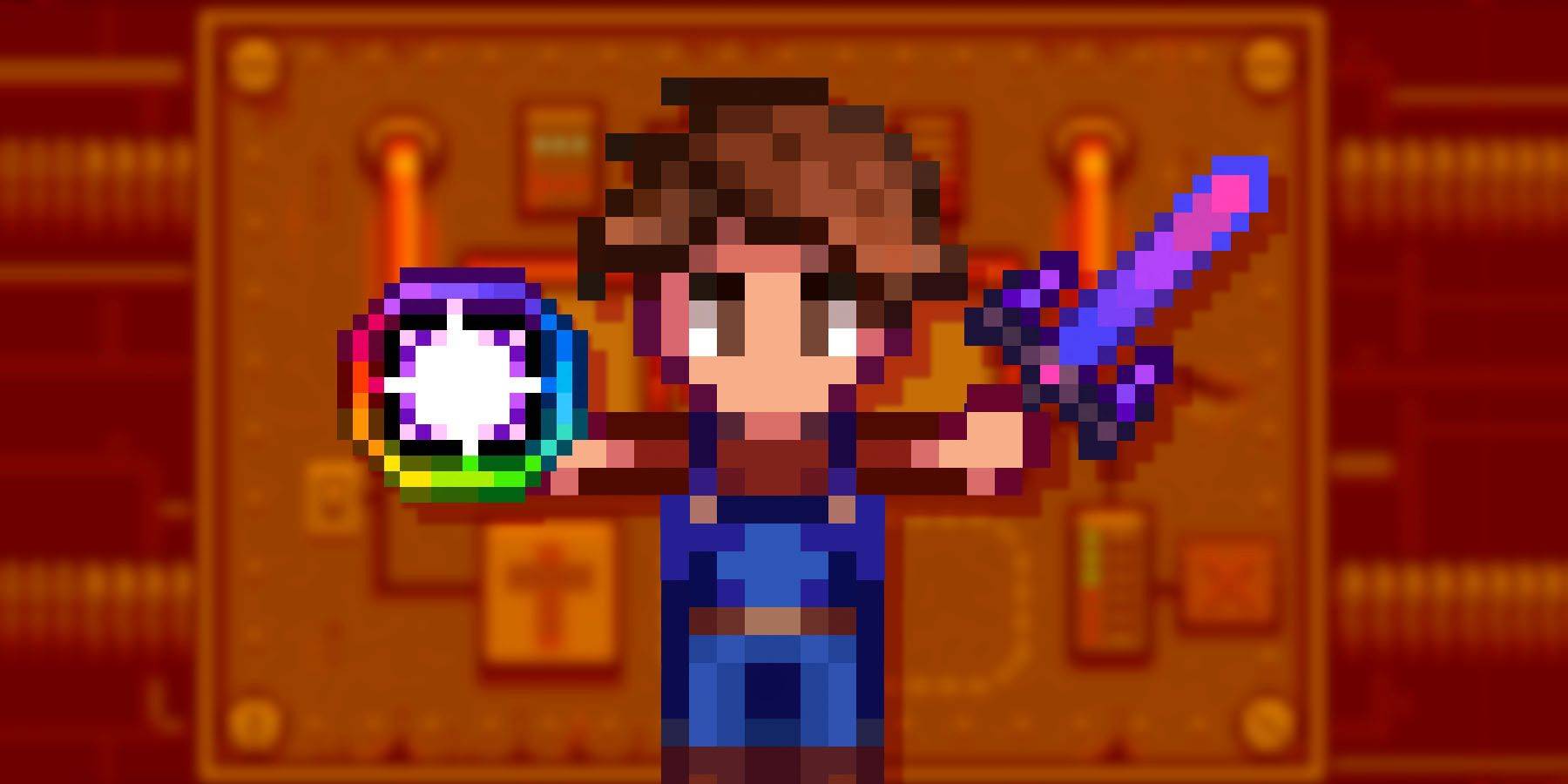
Stardew Valley: A Complete Guide To Enchantments & Weapon Forging
Mar 17,2025
-
10
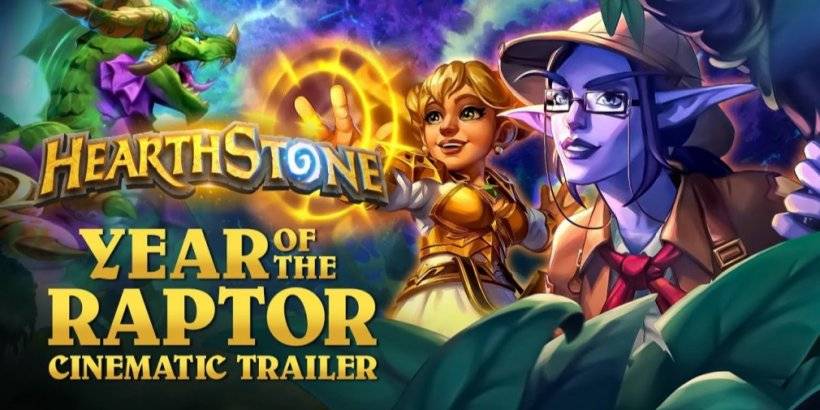
Hearthstone has kicked off the Year of the Raptor with a myriad of new content
Mar 16,2025
-
Download

The Golden Boy
Casual / 229.00M
Update: Dec 17,2024
-
Download

Niramare Quest
Casual / 626.43M
Update: Feb 21,2023
-
Download
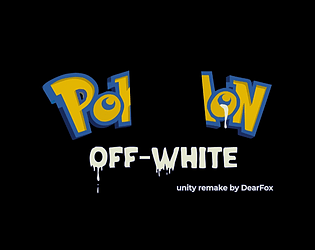
POW
Casual / 38.00M
Update: Dec 19,2024
-
4
Mother's Lesson : Mitsuko
-
5
Gamer Struggles
-
6
Poly Pantheon Chapter One V 1.2
-
7
How To Raise A Happy Neet
-
8
Dictator – Rule the World
-
9
Strobe
-
10
Livetopia: Party









